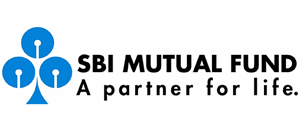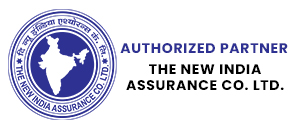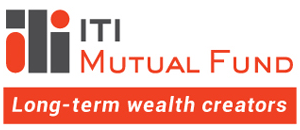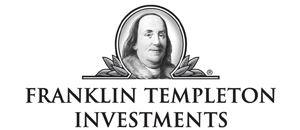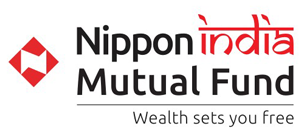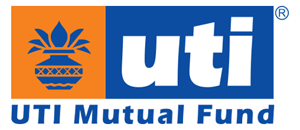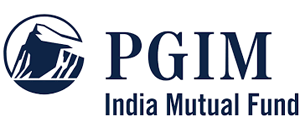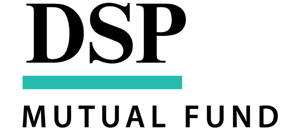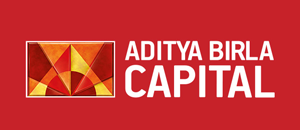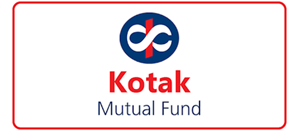What is Fixed?
A fixed deposit (FD) is a financial instrument provided by banks and financial institutions that allows individuals to deposit a sum of money for a fixed period, typically ranging from a few days to several years. During this period, the money is locked in, and in return, the depositor receives a fixed interest rate on the principal amount. The interest is usually higher than that offered by a regular savings account.
